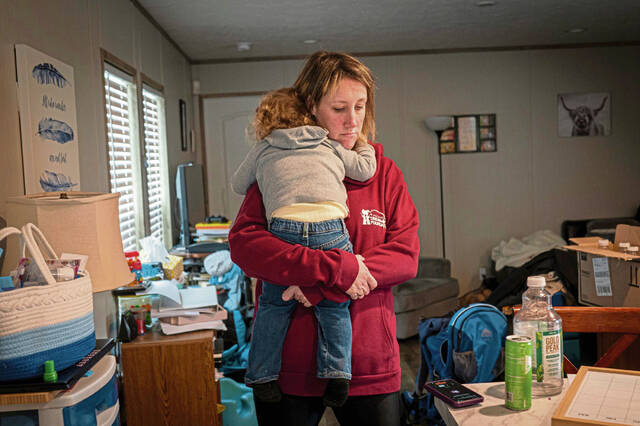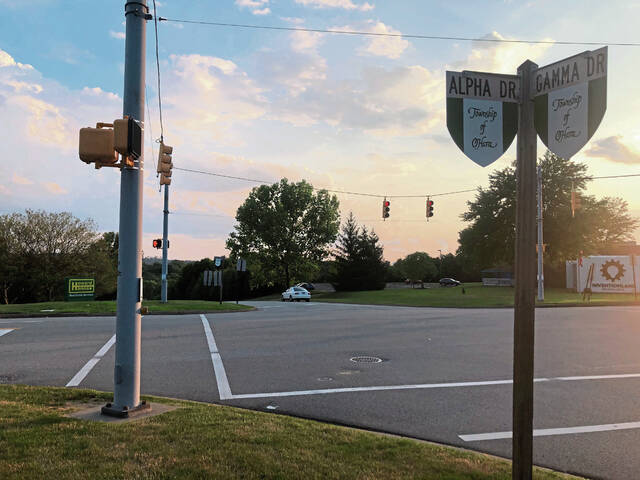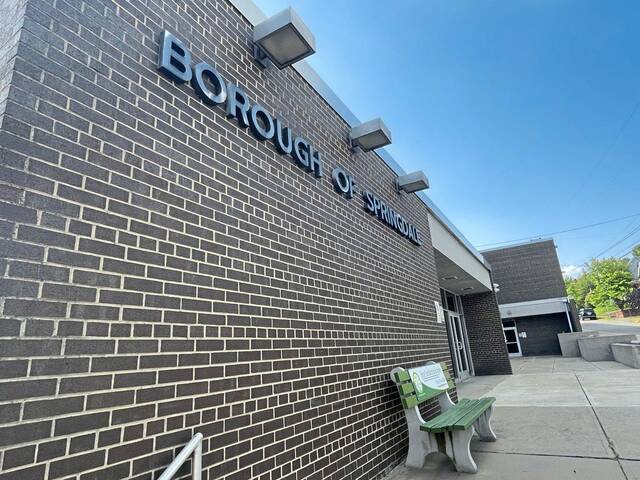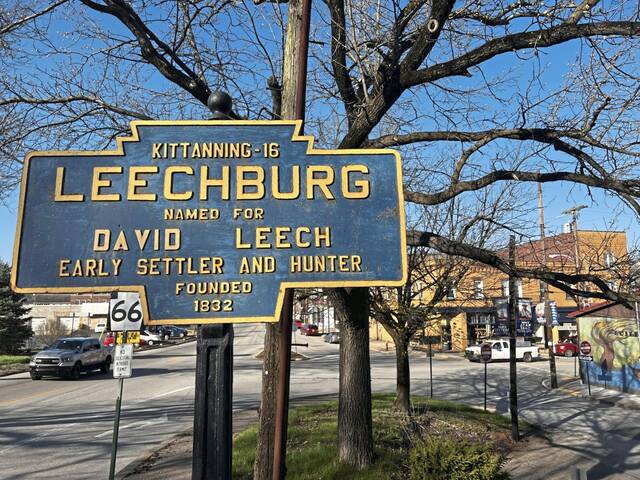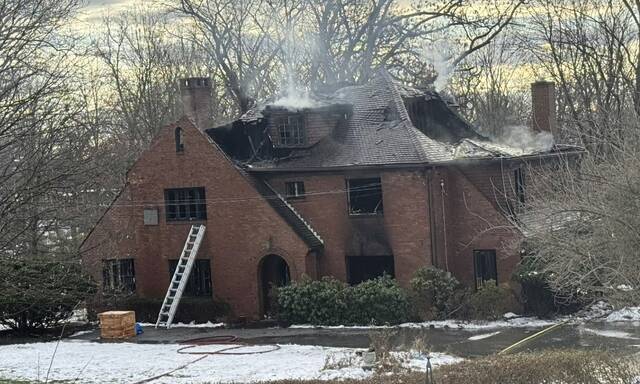A Westmoreland County lawmaker’s attack on the state’s financial relationship with Pitt, Penn State and Temple is drawing blowback from the powerhouse public research universities and their supporters.
State Rep. Eric Nelson, R-Hempfield, says he has “ethical” issues with the commonwealth spending about $580 million to support the three universities in a state where they compete with the 14 state-owned universities as well as scores of private colleges and universities.
He’d like to reroute the money from the three research universities to direct vouchers to students. Nelson’s proposal is light on specifics, but he said by rerouting the money to a voucher program, aid could be provided to more than 124,000 low- and middle-income students.
It could be used to defray costs at any Pennsylvania college, university, community college or trade school.
Nelson insists it is all about choice, meeting individual student needs and allowing them to graduate with less debt and redirecting students to workforce needs.
Pitt defends state support
Officials at Pitt, who have felt the sting of Nelson’s criticism in the past, say such a plan would be disastrous for the thousands of Pennsylvania residents who attend Pitt. The university says it uses its state appropriation, which totaled nearly $155 million this year, to subsidize a $15,000-a-year discount on tuition to Pennsylvania residents who attend the research powerhouse.
The base tuition for Pennsylvania residents is $19,092, compared to $34,124 for nonresidents.
Senate Minority Leader Jay Costa, D-Forest Hills is a trustee at Pitt and Duquesne University as well as the Community College of Allegheny County. For Pennsylvania students, Costa said, Nelson’s proposal would amount to trading a $15,000-a-year tuition discount “for a few thousand dollars” from the voucher program.
“The math just doesn’t work out,” Costa said. “It probably wouldn’t pass the Senate.”
Like Pitt, Temple, which is in Philadelphia, and Penn State, say they tap their state appropriations to support discounted tuition rates for Pennsylvania residents.
Pitt responded to Nelson’s proposal during a hearing in Harrisburg last week in front of the House Appropriations Subcommittee on Education. School officials warned it would jeopardize in-state tuition rates. The school also sent out an email to more than 100,000 alumni urging them to contact their state lawmakers in support of the university.
“Clearly, Pennsylvania students want to come to Pitt. We have a record number of applications and record number of students from Pennsylvania this year,” said Paul Supowitz, Pitt vice chancellor for governmental relations.
Schools fearmonger, Nelson says
Nelson dismissed Pitt’s reaction as “fearmongering designed to intimidate myself and other legislators.”
“Pennsylvania simply has too many seats at our universities and not enough students to fill them,” Nelson said. “Our college graduates often have to leave to find jobs out-of-state while our employers are crying for workers with technical skills.
“This would allow students to use vouchers to attend two-year community colleges and technical schools, get out in two years, and on Day One be making $50,000, $60,000 even $70,000 a year,” he said.
Nelson insisted giving choices to students would force Pennsylvania’s state-related public universities to put a cap on swelling costs and tuition in order to compete with the state’s many private universities, community colleges and technical schools.
Penn State: $13,000 in-state discount
Officials at Penn State, the commonwealth’s largest public research university, likewise say state dollars are important to students in University Park and its sprawling network of branch campuses.
Provost Nick Jones said the state subsidy there supports an average tuition discount of $13,000-a-year for state residents attending the school. Base tuition at University Park this year is $18,368 for Pennsylvania residents and $35,946 for out of state residents.
“The absence of a direct state appropriation would be unprecedented and fundamentally change the nature of Penn State, leaving a $242.1 million funding gap that could only be filled with tuition dollars, with significant potential impacts on affordability for our low- and middle-income Pennsylvania students and their families,” Jones said in an email.
In-state tuition at Pitt and Penn State is a fraction of the tuition at Pennsylvania’s two private research universities — the University of Pennsylvania and Carnegie Mellon University. Tuition at Penn was $57,770 this year and $57,560 at CMU.
Tuition among nation’s highest
Even so, tuition and costs are a contentious issue with lawmakers in Pennsylvania, which often has the highest public research university tuition in the nation.
University leaders say that reflects the state’s status as 48th or 49th in the nation for funding higher education. Many lawmakers, on the other hand allege the schools have grown fat on public subsidies without regard for the increasing burden tuition places on families.
The already contentious issue is magnified by the requirement that subsidies to the three state-related universities be passed separately from the state general budget and approved by a two-thirds vote of the legislature.
Occasionally, that results in the vote being held hostage while lawmakers negotiate special concerns, some of which have nothing to do with higher education and some directly related to the universities.
In the early 2000s, the vote was delayed while lawmakers debated gambling laws.
As recently as last summer, Nelson, a conservative Republican who has questioned Pitt’s research involving stem cell lines, joined lawmakers representing struggling state-owned schools and a group that wanted a vote on old child sexual abuse lawsuits in a threat to hold up funding for Pitt, Penn State and Temple.
Pitt officials said they voluntarily agreed to a third-party study of their research in an effort to answer Nelson’s questions and tamp down what it called misinformation.
Nelson: A matter of fairness
Nelson insists his research concerns have nothing to do with his voucher proposal. It’s just a matter of fairness, he says.
“That way, students get to choose between tech school, community college and four-year public or private universities,” Nelson said. “They will be holding the check and saying, I want to apply it to this institution. It will bring a bigger bang for that buck.”


